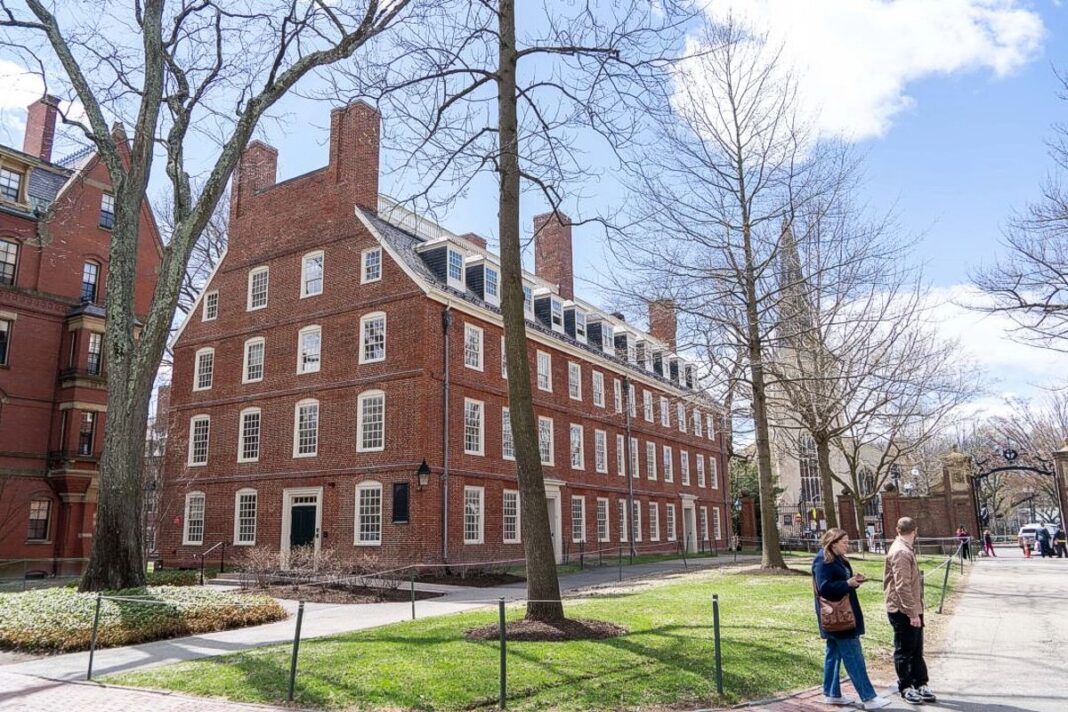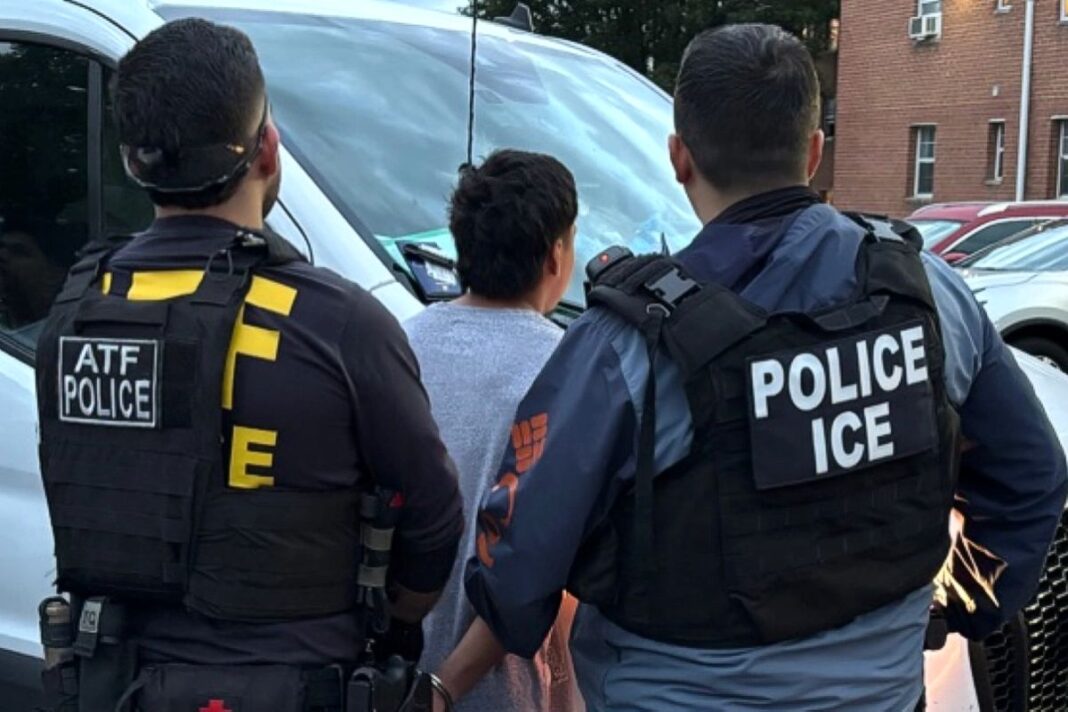The American Beverage Association argues against such bans, saying they restrict ‘beverage choice.’
Secretary of Agriculture Brooke Rollins issued a waiver on May 19 restricting the use of Supplemental Nutrition Assistance Program (SNAP) funds to buy soda or energy drinks in Nebraska, the U.S. Department of Agriculture (USDA) said in a May 19 statement.
This is the first-ever state waiver banning soda and energy drinks from SNAP, popularly known as food stamps.
“Prior to this waiver, SNAP recipients could buy anything except alcohol, tobacco, hot foods, and personal care products,” said the statement.
The waiver, which takes effect on Jan. 1, 2026, is part of the Trump administration’s Make America Healthy Again agenda, the USDA said, adding that this “historic action seeks to reverse alarming disease trends across the country.”
One in three children between the ages of 12 and 19 is affected by prediabetes, it said. Forty percent of school-aged children and adolescents suffer from at least one chronic condition, while 15 percent of students in high school drink a minimum of one soda per day.
President Donald Trump signed an executive order in February establishing the President’s Commission to Make America Healthy Again. The agency is tasked with investigating the “root causes of America’s escalating health crisis,” including chronic disease among children, according to a White House fact sheet.
The waiver issued to Nebraska “is the first of its kind, and it is a historic step to Make America Healthy Again,” Rollins said. “Under President Trump’s leadership, I have encouraged states to serve as the ‘laboratories of innovation.’”
The American Beverage Association, a trade group representing the non-alcoholic beverage industry, has consistently opposed the move to remove soda and energy drinks from the SNAP program, citing a violation of people’s right to “beverage choice.”
“Millions of Americans rely on the Supplemental Nutrition Assistance Program (SNAP) to help feed their families. They deserve the same freedom to choose the foods and beverages that best fit their needs,” it said.
“Restricting products—like soda—from SNAP won’t make anyone healthier or save a $1 in taxpayer spending. Instead, restrictions will only grow government bureaucracy and costs while creating a slippery slope to government deciding ‘good’ and ‘bad’ foods.”







